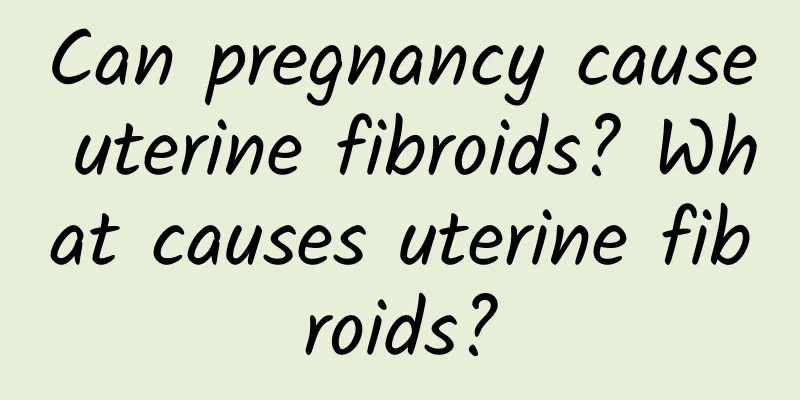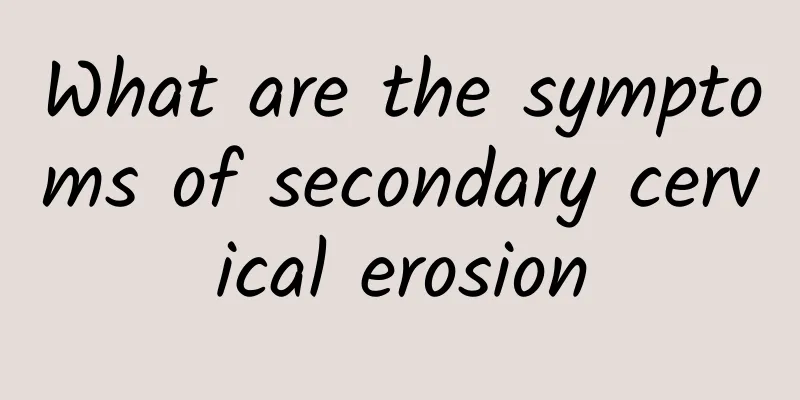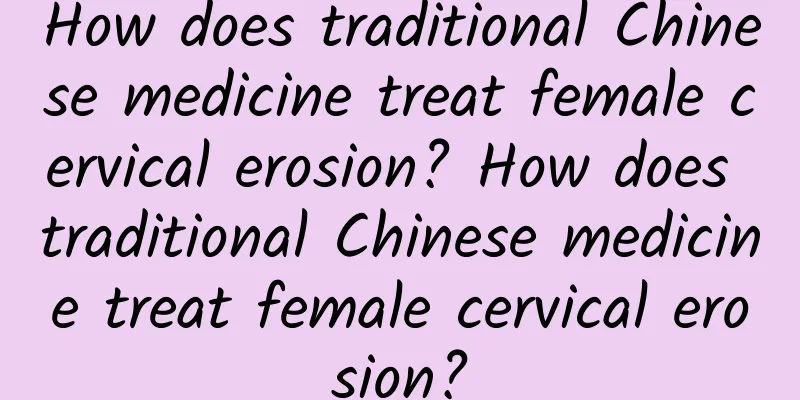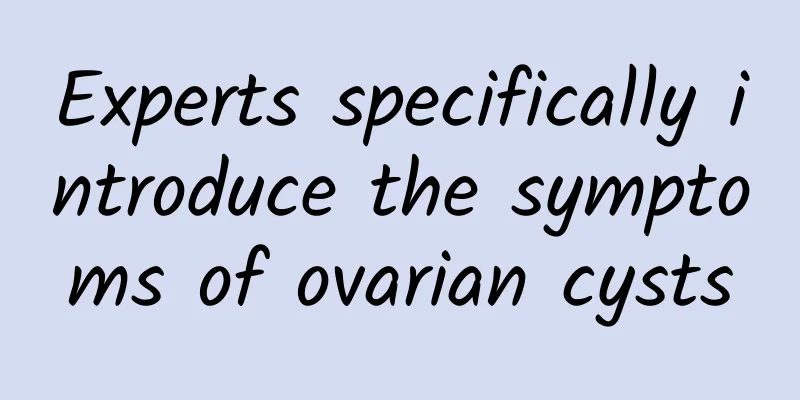Provide good care after abortion to protect women's reproductive health

|
Post-Abortion Care, or PAC for short, is a standardized medical service process that, through one-on-one consultation and group education, promotes contraceptive knowledge to women who come to undergo abortion surgery, that is, implements effective contraceptive methods, avoids repeated artificial abortions, and protects women's reproductive health. There are 8-10 million artificial abortions in my country every year. In big cities such as Beijing and Shanghai, the rate of repeated abortion is as high as 50%. Artificial abortion has become a social problem that affects the reproductive health and quality of life of the majority of women in my country. Repeated abortions will have a significant impact on women's long-term fertility and future pregnancy outcomes. The more artificial abortions, the higher the incidence of abortion complications and sequelae. Repeated artificial abortions within 1 year, especially within 6 months, are the most harmful and are called "high-risk abortions." Short-term complications that may be caused by artificial abortions include uterine perforation, bleeding, infection, intrauterine adhesions, endometriosis, chronic pelvic inflammatory disease, irregular menstruation, amenorrhea, etc.; in the long term, they may lead to secondary infertility, placental abnormalities, habitual abortions, premature births, fetal death, etc. The main reasons for the high rate of repeated abortions are the young people of childbearing age's weak awareness of contraception, lack of contraceptive knowledge or misunderstandings about contraceptive methods. The channels for obtaining relevant knowledge are also misplaced, and most of them are non-professional channels. At the same time, my country's medical institutions have not yet fully implemented standardized post-abortion contraceptive consultation services, resulting in a high risk of women having another unwanted pregnancy after having an artificial abortion. Therefore, in April 2011, the Family Planning Branch of the Chinese Medical Association issued my country's first "Guidelines for Post-abortion Family Planning Services", which provided standardized standards and reference basis for the widespread implementation of post-abortion care in my country. The main contents of post-abortion services include: medical services for post-abortion complications, post-abortion family planning services, post-abortion counseling services and post-abortion comprehensive reproductive health services. It is a standardized medical service process. Through PAC activities, women who have induced abortions meet four specific requirements: awareness of preventing unwanted pregnancies; informed choice of a contraceptive method that suits them; access to the chosen contraceptives or those suitable for their use during the transition period to ensure that contraceptive measures can be implemented immediately; and confidence and determination to understand and persist in using the chosen contraceptive method. |
<<: Is it better to relieve dysmenorrhea or diet therapy?
>>: “Cervical erosion” is not a disease, why do we women still need to treat it?
Recommend
Can I run if I have an enlarged cervix?
Patients with cervical hypertrophy can run modera...
What causes abdominal pain after menstruation?
Lower abdominal pain after menstruation may be re...
Can I still get pregnant after uterine fibroid surgery? Do I need to use contraception for half a year after uterine fibroid surgery?
Uterine fibroids are known as the "first gyn...
What causes cervical erosion in women?
Cervical erosion is a common gynecological diseas...
What are the specific symptoms of cervicitis?
What are the specific symptoms of cervicitis? Cer...
Understanding TCM Treatment of Menopausal Syndrome
Most women go through menopause between the ages ...
What is menorrhagia? Is menorrhagia a symptom of uterine fibroids?
Uterine fibroids are one of the most common benig...
Preventive measures for various types of vaginitis
Vaginitis is also a common gynecological disease....
How to cure female cervicitis? Analysis of methods for treating gynecological inflammation and cervicitis
I believe everyone is familiar with diseases such...
Will there be uterine fluid accumulation during menstruation?
Will there be uterine accumulation during menstru...
What are the Chinese patent medicines for patients with cervical precancerous lesions?
Cervical precancerous lesions are one of the fema...
What are the causes of unmarried uterine fibroids? What are the hazards of uterine fibroids?
In life, uterine fibroids have a great impact on ...
How to take care of your body after childbirth?
How to take care of your body after miscarriage? ...
What are the treatments for mild cervical erosion? The most effective treatment for mild cervical erosion in women
Cervical erosion is not independent, it is a mani...
How exercise can help remove uterine fluid
As we all know, exercise can enhance one's ph...









